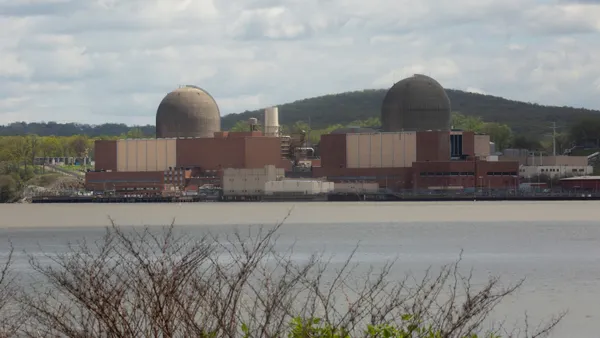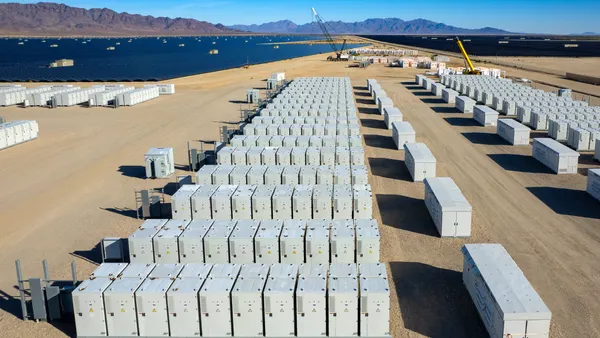Dive Brief:
- An overhaul of Michigan's energy policy will have to wait for next year, as lawmakers in the Senate say legislation will not be ready for a vote by the end of 2015, MLive.com reports.
- A package of bills on the House side is further along and has been voted out of committee, but with just a few days left in the year's session, there is no time to meet a deadline set by Michigan Gov. Rick Snyder (R).
- The state's governor had wanted an energy package completed by the end of this year, as the state has struggled with its partial deregulation market design and sought ways to boost renewable energy use.
Dive Insight:
As Michigan has struggled with its energy policy in the last year – a shortfall on the Upper Peninsula, a precarious retail choice strategy, and debates over how to bring more green energy online – Snyder directed lawmakers to get a bill passed by the end of the year. That's not going to happen, however, as Senate lawmakers say they do not have time to push out legislation that would be well crafted and effective.
"It's not going to happen before the end of the year," Senate Majority Leader Arlan Meekhof (R) told MLive.com this week.
And from Sen. Mike Nofs (R): "That was a goal. But more important than the goal is actually getting it right. So my bills aren't ready and they're not right yet." He said that he had informed the governor that the Senate would not be able to pass energy legislation by the end of the year.
Things have moved faster on the House side, but even if the legislation was sent to the Senate lawmakers say they would not have time to properly review it. Last month, the Michigan House Energy Policy Committee passed amendments to energy legislation that included a 30% renewables goal by 2025 and a compromise which would keep the state's energy choice law at 10%.
The renewables goal is voluntary, which advocates have criticized as largely toothless. The energy choice decision takes a softer stance on retail providers' guarantees they can serve customers and marked a significant compromise.
Michigan's choice law has caused problems for the state, with up to 10% of a utility's customers allowed to take service from third party suppliers. But utilities say the system makes planning difficult, and so lawmakers sought a compromise between maintaining, expanding and eliminating the program.
"I'd like to just start fresh at the beginning of the year when we have everybody's attention and outlook and our minds aren't in a hundred different places," Nofs told MLive.com.














